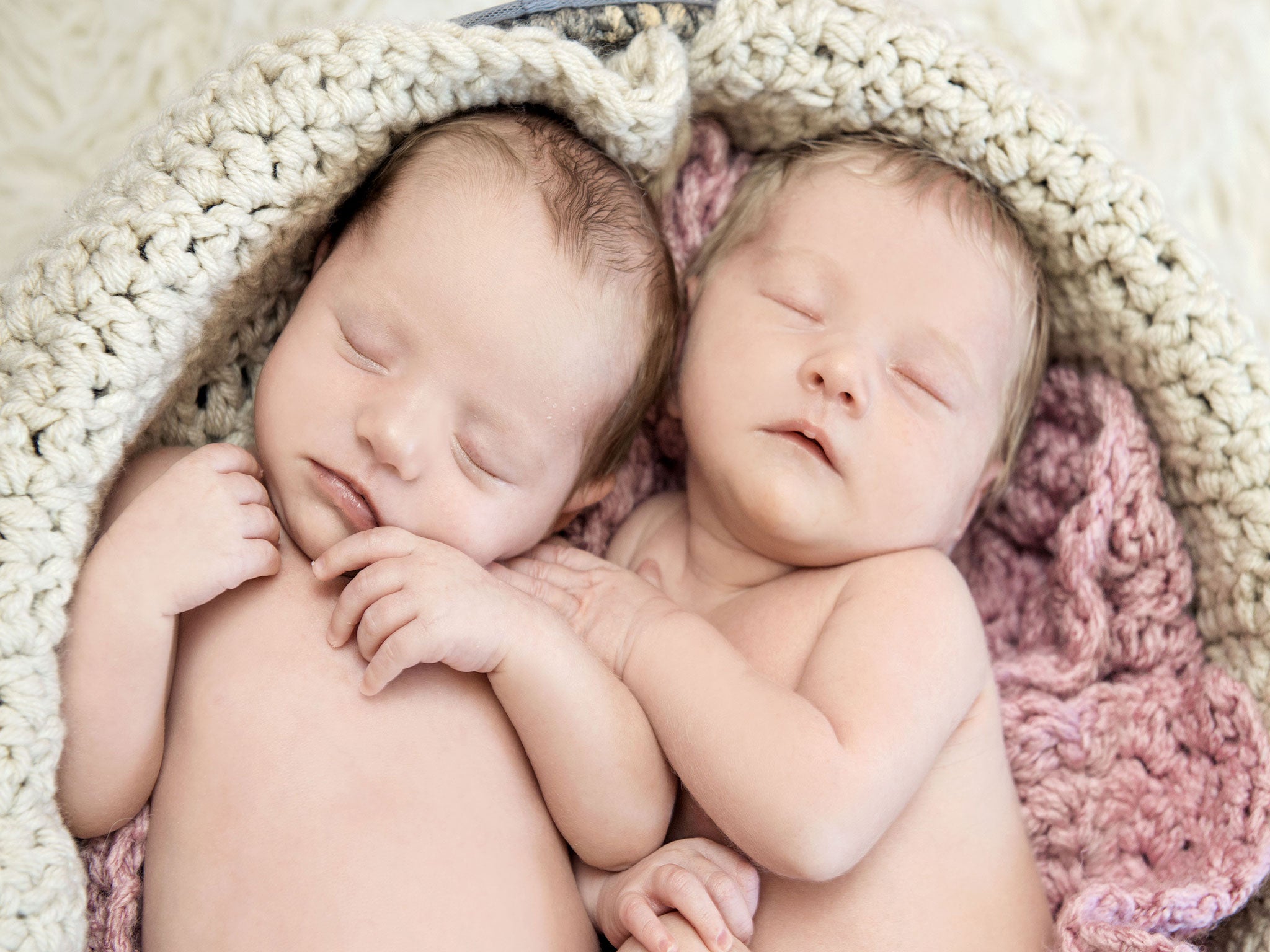General Election 2015: Do your genes determine how you vote?
But with one notable exception

Your support helps us to tell the story
From reproductive rights to climate change to Big Tech, The Independent is on the ground when the story is developing. Whether it's investigating the financials of Elon Musk's pro-Trump PAC or producing our latest documentary, 'The A Word', which shines a light on the American women fighting for reproductive rights, we know how important it is to parse out the facts from the messaging.
At such a critical moment in US history, we need reporters on the ground. Your donation allows us to keep sending journalists to speak to both sides of the story.
The Independent is trusted by Americans across the entire political spectrum. And unlike many other quality news outlets, we choose not to lock Americans out of our reporting and analysis with paywalls. We believe quality journalism should be available to everyone, paid for by those who can afford it.
Your support makes all the difference.As a society we believe that our political allegiance depends on which party best marries up with our needs and values – and that these are shaped by our life experiences. But research with twins suggests picking who to vote for in an election might have more to do with your genes than the policies of the parties.
At the Department of Twin Research, which hosts TwinsUK, the biggest adult twin registry in the UK, we recently performed a poll of voting preferences. The twins were all born in the UK and were broadly representative of the UK population. The aim was to explore how much nature and nurture influence our party political allegiances and potential voting preferences so we can draw broader conclusions about people’s voting habits.
Twins provide a unique natural experiment for research. Identical twins share 100% of their genes, while non-identical twins – like non-twin siblings – share about 50%. Both identical and non-identical twins normally share the same environment while growing up. By comparing the differences and similarities between them we can identify how much of a quirk, disease, or trait is due to a genetic predisposition or environmental and cultural factors. Because twin studies adjust for culture and upbringing they are an ideal way to study political allegiances.
We analysed surveys completed by 2,355 twins (comprising responses from 612 full pairs) in March 2015 between the ages of 18 and 80 – most of whom were middle aged. They told us whether they intended to vote, what their political party of choice was and provided their personal rating of the main party leaders.
We found that voting Conservative (or not) is strongly influenced by genetics. When it came to voting Tory, we found that 57% of the variability (differences or similarity) between people’s voting preferences were due to genetic effects. This percentage is called heritability. That means the identical twins were more likely to vote the same way than the non-identical twins – suggesting an underlying genetic influence was stronger than environmental or random factors.
For UKIP voting preferences, there was also a moderately strong heritability of 51%. This was closely followed by Labour and the Green Party both with 48%.
The exception seemed to be voting for the Liberal Democrats, which was affected entirely by environment, with no genetic influence. Identical twins showed exactly the same level of disparity in preference for the Lib Dems as non-identical twins. Geography also played a possible role – as voting for the SNP in Scotland was also completely environmental.
These latest results from UK data confirm the trends found in previous research, mainly carried out in the US. A 2008 survey of 682 pairs of middle-aged twins from the Minnesota Twin Registry showed that self-reported political ideology and right-wing authoritarianism were consistently more similar in the identical twins than the fraternal twins.
Previous studies have also shown strong genetic influences on right-wing views – be they for or against.
We and others have demonstrated consistent genetic influences on all measurable aspects of our personalities. The consensus is that these political leanings are mainly due to the genetic makeup of our underlying personalities.
Will you vote?
Despite this, our survey shows that whether we intend to vote or not does not seem to be influenced by genes and personality. That decision appears to be entirely shaped by environmental factors.
The question of whether a leader would make a good prime minister produced mixed responses. David Cameron had the stronger genetic influence on opinions, with 50% heritability, followed by Nick Clegg at 37%. Views on all the other party leaders were purely environmental.
Psychology studies have shown our sub-conscious biases for leaders who are tall and with round symmetrical faces so maybe this also plays a role in our choices.
But even if we do see party leaders differently, the findings of this study suggest that our choices at the polling booth may not be as free or rational as we would like to believe. Something to think about when you approach the ballot box.
Victoria Vazquez also contributed to this article.
null
This article was originally published on The Conversation. Read the original article.
Join our commenting forum
Join thought-provoking conversations, follow other Independent readers and see their replies
Comments